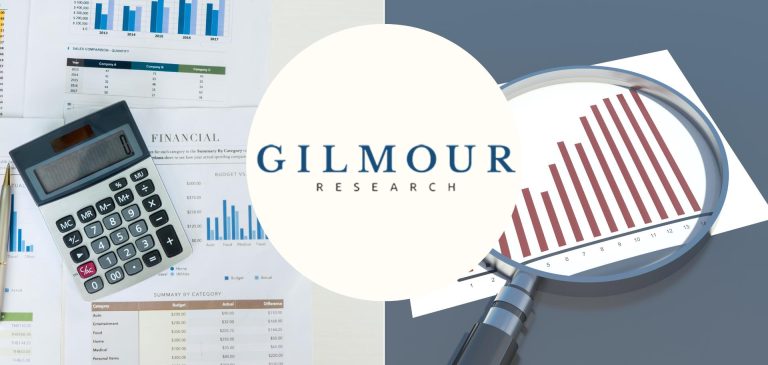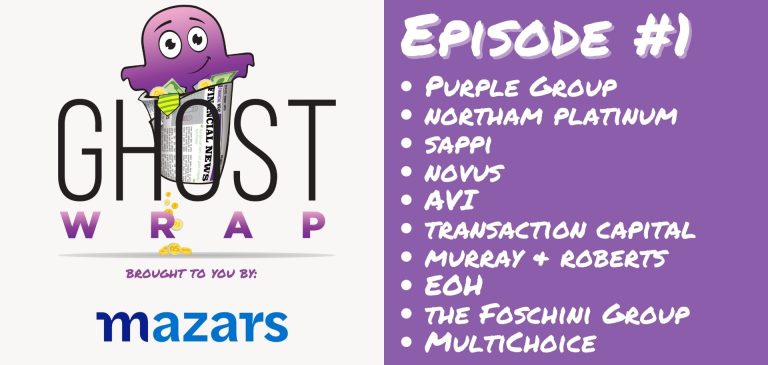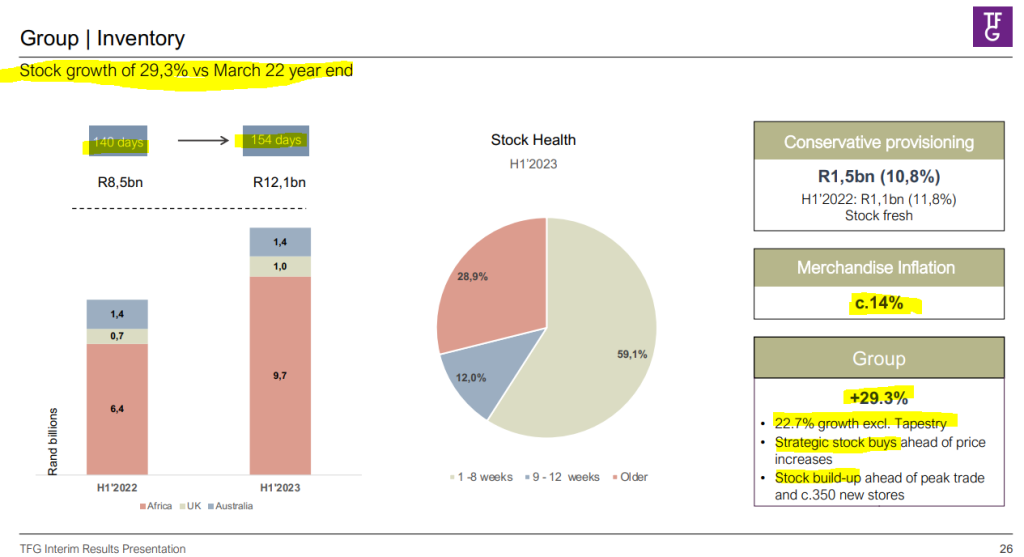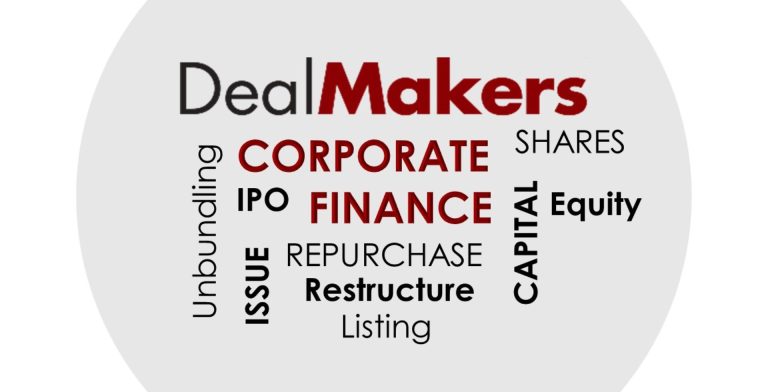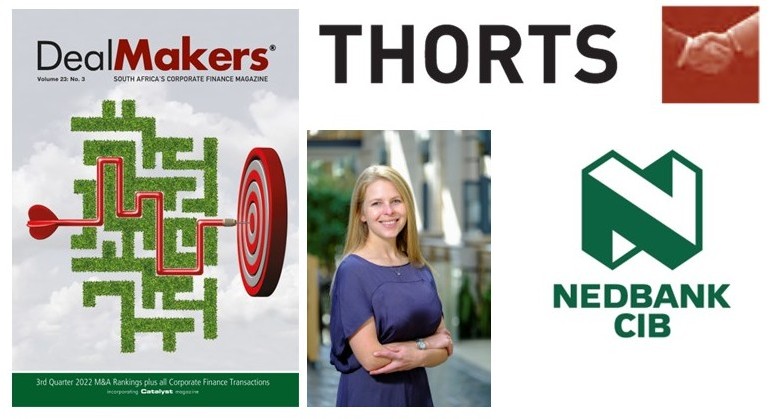If you enjoy Ghost Bites, then make sure you’re on the mailing list for a daily dose of market insights in Ghost Mail. It’s free! SIGN UP >>>
A Premier listing
Brait is finally giving Premier the wings to fly (hopefully)
This has been a long time coming. Premier is one of the two major investments in the Brait portfolio and will now have its own listing. The company produces and markets key FMCG brands like Snowflake, Blue Ribbon, Iwisa, Manhattan, Super C, Dove cotton wool and others. The group holds market share of 24% in bread, 32% in flour, 20% in maize, 18% in sugar-based confectionary and 18% in feminine care.
In bread, Premier holds the market-leading position in the Western Cape (37%) and the second-largest share in KZN (30%) and the Eastern Cape (34%). With the recently commissioned Pretoria-based bakery, the company is ready to expand its inland market share.
Brait Mauritius will offer shares in Premier worth up to R3.7 billion in the market. The proposed pricing range equates to a valuation of R6.9 billion to R8.6 billion and reflects an EBITDA multiple of between 6x and 7x. This is a discount of between 10% and 28% to Brait’s latest valuation of Premier, so perhaps that traded discount to NAV for Brait is justified after all?
The R3.7 billion gross proceeds, combined with the distribution from Premier of R950 million in November, will address Brait’s future liquidity requirements. Titan Premier Investments (a Christo Wiese investment entity) will purchase 36.2% of the shares on offer. Titan Cornerstone (which sounds a lot like another Wiese entity) has agreed to purchase a further 2.4% of the shares, so 38.6% of the offer is covered throughout the price range.
At the bottom of the price range, Titan and RMB have committed to underwrite R2.9 billion and R0.5 billion respectively.
In the past two years, Premier achieved revenue growth of 13.4% and 16.1% respectively. Adjusted EBITDA margin expanded from 9.3% to 10.3% (admittedly with a dip in FY21). In the last year, the adjusted return on invested capital increased from 11.1% to 14.8%.
The leverage ratio after the refinancing of long-term debt increased to 2x. To help the company reach the targeted gearing of 1.5x net debt : EBITDA by 2025, the dividend pay-out ratio will be between 30% and 60% and the rest of the earnings will presumably be used to reduce debt.
Importantly, Brait will retain a significant shareholding in the company post implementation.
Yes, Purple Group is profitable in a post-pandemic world
There are many positive signs in the core business
You would struggle to find a company on the JSE that is more relevant to individual investors than Purple Group. The company owns a 70% stake in EasyEquities, the platform that is responsible for introducing many South Africans to the world of investing.
The results for the year ended August are full of noise.
There are fair value adjustments and acquisitions, with a huge drop in HEPS because of the issuance of shares to pay for acquisitions. We then have GT247, a business that is more volatile than American politics. This year, it did incredibly well. Next year? Who knows.
Investors will likely focus on the EasyEquities metrics, which includes ancillary businesses EasyProperties, EasyCrypto and RISE. The rest of the group should probably be treated as an option (potential upside but difficult to quantify), along with the potential for long-term growth in EasyEquities in markets like the Phillipines. There is also a pipeline of new products coming to the user base, which I would also see as having significant option value.
For now at least, the management team can take a bow for growing registered clients by 41% and active clients by 50.4%, which means greater penetration of active accounts. Platform assets and retail inflows both increased (albeit at lower rates), a solid result in a horrible equity market.
The average revenue per user (ARPU) increases over time, as new clients get to grips with the market and feel more confident. This means that each new cohort of users (people who create accounts each year) becomes more valuable as years go on. With strong growth in the client base, this is obviously encouraging.
A critical metric is the cost of service per average client. By bringing the cost per client down, the group’s unit economics (the value of adding one more customer) improve. Cost per client decreased by 15.6% to R173, mainly as a result of the benefits of scale.
The 38.1% increase in operating expenses includes R20 million to integrate into new partners and R31 million spent on onboarding a client cohort that is not yet profitable.
At 0.25% brokerage, this implies a break-even of R69,200 in value traded per year per active client. Of course, some clients have annual value traded of many times higher than that. Some will do very little. This is the joy of averages.
There is also client growth in EasyProperties and even EasyCrypto, though recent events in the crypto market may put a dent in the future of that “asset” class. Yes, I remain highly skeptical of crypto.
Investors will also keep an eye on RISE, the retirement business that gives Purple an interesting platform in the market that is clearly distinct from the EasyEquities business.
The share price has lost more than 40% of its value this year. As I’ve said for a long time, the share price ran too far ahead of the story and the market movement this year proves it. Although I’m not buying just yet, there’s no doubt in my mind that the gap between the story and the share price has dropped considerably this year.
That’s a good thing!
Shoprite gets some love from the market
A 7.8% rally was the reward for a strong operational update
For the quarter ended September (the first quarter of the financial year), Shoprite managed to increase sales by 18.6%. That’s a big number, even when you exclude the local liquor business to arrive at growth of 15.9%.
When you see a number like this, you need to think about the base effect. In this case, it’s a double-whammy of the unrest in KZN and Covid lockdowns. In the world of retail, the comparable quarter was awful. This explains the high growth numbers.
Supermarkets RSA grew by 16.6% excluding LiquorShop and 19.9% including LiquorShop. Supermarkets non-RSA grew by a delightful 18.8%. Even the Furniture segment managed to grind out 5.2% sales growth, with other operating segments up 10.8%.
Food costs are hitting households in South Africa, with internal selling price inflation in Supermarkets RSA of 8.2%. With a large chunk of Shoprite’s business being in stores aimed at lower-income consumers, you can safely assume that much of the inflation is in core items rather than salmon and hummus.
Here’s a rather incredible statistic: Supermarkets RSA has increased its market share for 43 months in a row! That is extraordinary.
I also found it interesting that the first Checkers Sixty60 dark store has been opened in Cape Town. This is a store designed for online shopping fulfilment rather than walk-in customers. Instead of a normal store that makes you walk from one side of the other to get your shopping done, the design of a dark store is all about efficiency in picking the most common items.
In the Furniture business, credit sales are only 14.9% of total sales. This is important, as furniture is often built around a credit model. Within Shoprite, the focus is on cash sales.
The OK franchise business seems to be doing well, with wholesale sales to that division up by 13.6%.
There’s an important warning in the numbers that the market seems to be ignoring. The 56% increase in fuel cost year-on-year is impacting supply chain and general operations, with the monthly spend on diesel generators during load shedding coming in at R100 million per month. This is a massive burden, brought to you proudly by Eskom.
On the plus side, the group is well stocked for the festive period despite issues at Transnet’s ports.
In summary, we can assume that whilst Shoprite is achieving top-line revenue growth, there must be pretty severe pressures coming through in supply chain and operating costs. It will be interesting to see where the margins end up.
Investors put the phone down on Telkom
A substantial drop in earnings wasn’t happy news
Telkom’s share price closed 6% lower after reporting an expected drop in HEPS for the six months ended September of between 45% and 55%.
The trading statement gave several explanations for this, ranging from revenue deferral (the shift in mix from prepaid towards post-paid i.e. mobile contracts) and the upfront cost of handsets through to substantial growth in maintenance and service costs, not least of all due to backup energy costs.
Mitigating factors included some cost savings, favourable foreign exchange hedging positions and lower tax.
The share price is down 37.8% this year, having been on a wild ride thanks to a potential deal with MTN that subsequently fell through. After these results, one wonders if a potential transaction with Rain is still on the table.
Either way, this is quite a chart:

Vodacom’s corporate colours were reflected in the share price
A painful drop of over 6% made the share price chart as red as Vodacom’s logo
Although Vodacom achieved revenue growth of 7.7% (of which 5% is normalised growth and the rest is currency related), the problem is that normalised EBITDA decreased by 1.8%. This was driven by once-off factors and higher energy and network costs, with an aggregate negative impact of 270 basis points on EBITDA margin.
Once the startup costs in Ethiopia and higher finance costs are also taken into account, HEPS fell by a nasty 9.5%. The share price move starts to make sense now, doesn’t it?
To put further pressure on cash flow, capital expenditure increased by 9.8%. This took capital intensity (capital expenditure as a percentage of revenue) from 13.9% to 14.1%, an increase of 20 basis points. The net impact on free cash flow (pre-spectrum) is a 54.5% drop.
The R5.8 billion investment in the South African network is the most in a six-month period, with over R2 billion invested in batteries to keep customers connected during extended loadshedding. To try and improve the situation going forward, Vodacom has announced an in-principle agreement with Eskom that would see Vodacom source electricity from renewable independent power producers and contribute this into the national grid.
Everyone gives MTN the credit as a fintech player, yet Vodacom claims to be the leading African fintech player measured by a processed transaction value of $355.2 billion over the last twelve months, a number which grew 17.6% vs. the comparable period. Unlike the issues plaguing MTN in some markets, Vodacom highlights that Tanzania implemented a significant reduction in mobile money levies of up to 43%. This drove a 19.5% increase in the number of Tanzanians using M-Pesa.
To put things in perspective, M-Pesa is nearly a quarter of International service revenues!
In South Africa, revenue generated from financial services increased by 8.1% and there was a nearly 20% increase in insurance policies. “Super-app” VodaPay has achieved 3.5 million downloads and 2.2 million registered users.
Looking ahead, the major strategic focus areas are the acquisition of Vodafone Egypt and the joint venture with Community Investment Ventures Holdings, both of which are busy with regulatory approval.
An interim dividend of 340 cents per share has been declared.
Little Bites
- Director dealings:
- A director of Gold Fields has sold shares worth R8.6 million.
- The CEO of Altron has bought shares worth nearly R1 million.
- The company secretary of Datatec sold shares worth nearly R5 million.
- An associate of a non-executive director of Afrimat has sold shares worth R3.8 million.
- A prescribed officer of Standard Bank sold shares worth R2 million.
- Followings a rights issue, MC Mining announced that Senosi Group (controlled by a director of MC Mining) now holds 23.98% in the company and that a consortium of six parties (collectively the Dendocept Group) includes an entity linked to a director that owns 0.07%.
- Barloworld closed 5% lower after releasing a trading statement for the year ended September 2022. Group headline earnings per share (HEPS) is expected to be 47% to 55% higher. Normalised HEPS from continuing operations is perhaps a better measure, up by 12% to 17%.
- Omnia fell 5.7% after releasing a voluntary market update for the six months to September 2022. The group has indicated that results will be positive, driven by an improvement in the volume-margin mix and supportive community prices. The blemish (and perhaps the cause of the share price drop) is the business in Zimbabwe, which is expected to report a loss after tax of R172 million vs. a loss of R29 million in the comparable period. Much of the pain is due to unrealised foreign exchange losses. HEPS from continuing operations will be between 1% and 11% higher. Adjusted HEPS from continuing operations (which excludes Zimbabwe) will be between 26% and 36% higher.
- RFG Holdings released a trading statement with estimated growth in headline earnings for the year ended 2 October 2022 of between 54% and 59%. There’s a lot of noise in these numbers, like an extra week of trading this year vs. last year and the acquisition of the Today business. There was also a hefty insurance receipt for loss of profits during lockdowns. Operating profit margin in the regional business was impacted by significant input cost inflation. The international segment had a much better time vs. the prior year, thanks to higher global demand for canned fruit and fruit puree products.
- Orion Minerals announced that the pre-development funding for the Okiep Copper Project has been secured, as the IDC has completed the acquisition of 43.75% in the New Okiep Mining Company from Orion. The IDC will now put in its pro-rata share of the R79 million total budgeted pre-development operating costs. The IDC will offload a substantial portion of its stake to B-BBEE investment groups. In addition to this deal, the team is working in parallel with the IDC for the R250 million funding of the Prieska Project.
- Sephaku Holdings has released interim results for the six months to September 2022. This is one of those irritating announcements where the company neglects to give year-on-year growth rates, so we are forced to get the calculator out. Group HEPS increased by a whopping 60% to 11.26 cents thanks to higher EBITDA margin in both major operations. The sales story is a mixed bag though, with Métier up strongly and SepCem slightly lower because of declining demand for building materials.
- Fortress REIT is still trying to solve its capital structure issues. In the meantime, the JSE has warned that REIT status will be removed by the JSE if a compliance declaration isn’t submitted by 30 November 2022.
- Dipula Income Fund released a trading statement, but not because of huge growth in earnings. Far from it, in fact. Distributable earnings for the year ended August 2022 are expected to be just 0.1% higher than last year, in line with prior guidance. Due to the corporate action that combined two share classes into one, the dividend for the remaining share class will be 30.5% lower at 30.97724 cents. This is because of a change in the capital structure rather than an issue in the business,
- Huge Group announced that wholly-owned subsidiaries Huge Networks and Huge Telecom will be combined into one business. The combined business will service a customer base of over 19,000 businesses and will have combined turnover of over R300 million per annum. Although this is a paper-shuffling exercise of note, the group does make a song and dance about “significant operational benefits and synergies” – let’s wait and see.


